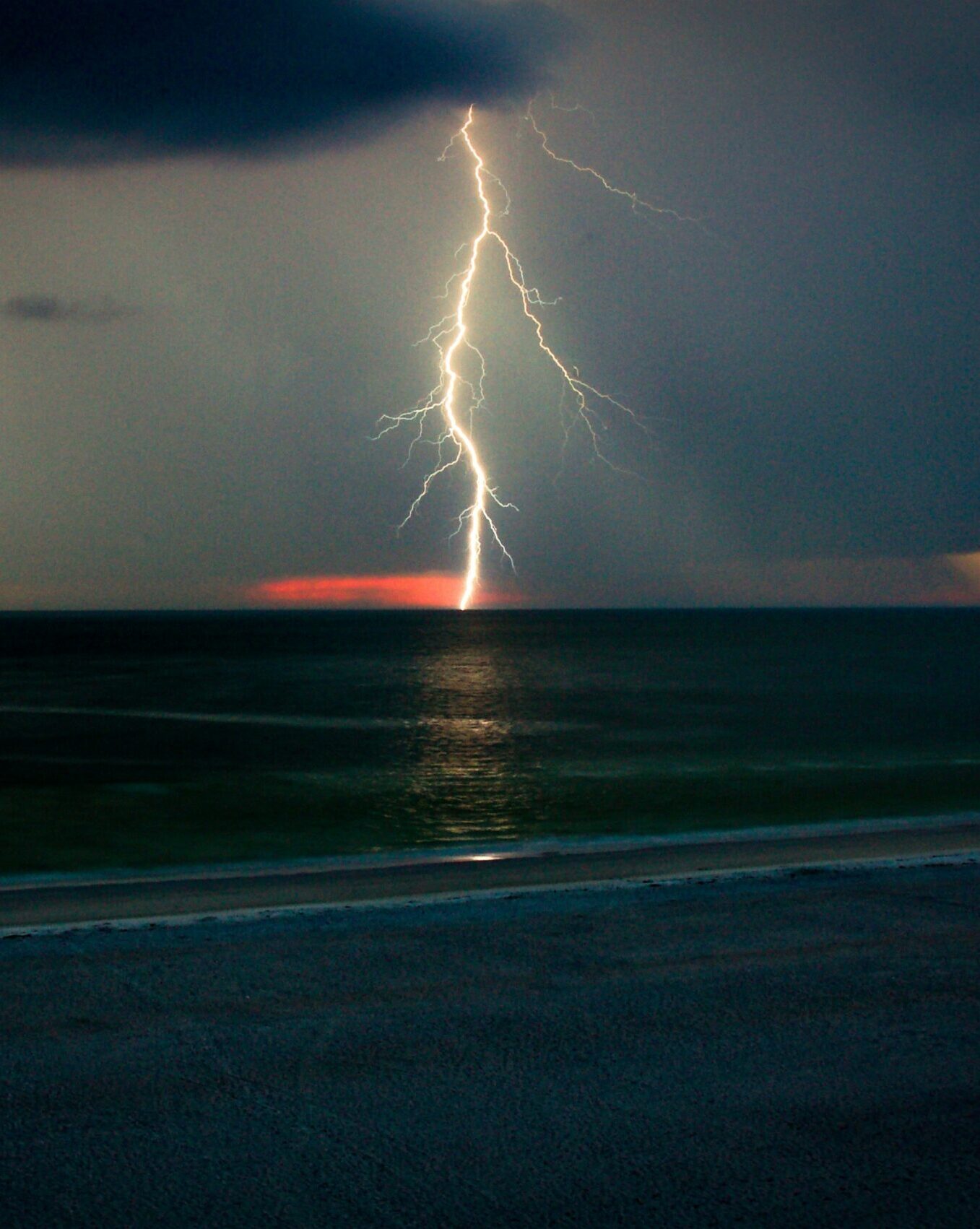
The voluptuousness of misery
—Machado de Assis
In Itaparica, the beach broods
under ruddy sky. Two fishermen
and I search waves spitting
shells: ribbed green, a crown
for a queen; a conch; an obelisk;
a whorled shell; a thin swell
pink modica of a disc.
I wash the five in running water.
The pink slithers through fingers
fragmented it lingers …
disappears.
A wound reappears
periodically swelling
voluptuous
with memory.
Dipika Mukherjee is the author of the novels Shambala Junction, which won the UK Virginia Prize for Fiction, and Ode to Broken Things, which was longlisted for the Man Asia Literary Prize. Her work is included in The Best Small Fictions 2019 and she frequently writes for World Literature Today, Asia Literary Review and Chicago Quarterly Review as well as a literary column for The Edge in Malaysia. She was a Sacatar Foundation Fellow in Itaparica, Brazil, in 2019.
Photo by the author.




